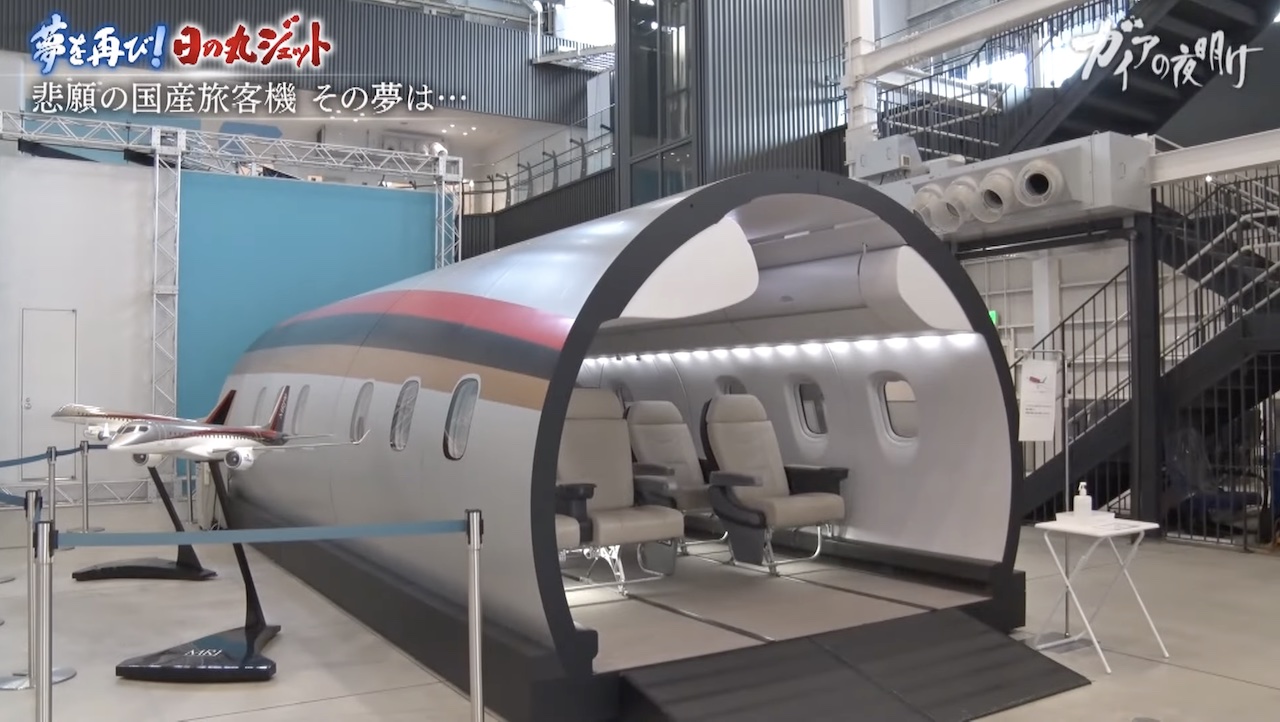TOKYO, Dec 16 (News On Japan) - Japan’s aerospace ambitions have faced a turbulent journey, with the MRJ (Mitsubishi Regional Jet) project standing as a stark reminder of the challenges in the competitive global aviation industry.
Mitsubishi Heavy Industries (MHI) launched the MRJ in 2008 as the first domestic jet passenger aircraft in half a century. Despite high hopes and over 1 trillion yen in investment, the project was canceled in 2023 after six delivery delays, leaving the nation’s technological credibility under scrutiny.
The MRJ aimed to revolutionize regional air travel with a 90-seat aircraft, but the project was plagued by delays in securing type certification, particularly in the United States, its primary market. Certification requirements, involving over 400 rigorous safety and operational checks, overwhelmed the project team. While MHI brought in experienced engineers from Boeing to address the gaps, the lack of early preparation led to costly setbacks.
Key stakeholders reflected on missed opportunities, acknowledging that the team underestimated the complexities of global regulatory standards. By the time issues were resolved, market conditions had shifted, making the project unviable. The MRJ’s collapse marked a significant blow to Japan’s efforts to establish itself as a leader in the aviation industry.
In March this year, Japan’s Ministry of Economy, Trade and Industry announced a new strategy to reignite domestic aircraft development by 2035, incorporating lessons from the MRJ. Framed as a "game-changing opportunity," the plan seeks to bolster Japan’s technological capabilities and forge international partnerships to meet future demand in the aerospace sector.
While the MRJ’s failure remains a cautionary tale, it has also provided valuable insights. Japan’s leaders are determined to transform the setback into a stepping stone, using the experience to build a stronger foundation for the nation’s aviation ambitions.
Source: テレ東BIZ
















